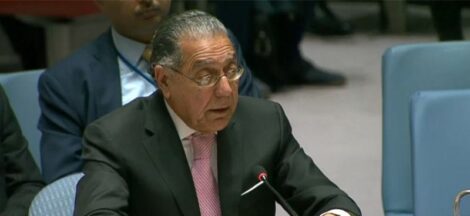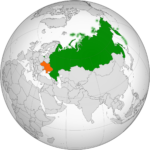The Karnataka High Court has criticised the state government for authorising a protest against the new law regulating Islamic charitable endowments, or waqf, while the matter is under judicial review by the Supreme Court. The court asserted that the government lacked the authority to permit such demonstrations on issues that are sub judice.
A division bench, led by Chief Justice N.V. Anjaria and Justice K.V. Aravind, expressed concern over the state’s decision to allow public demonstrations concerning legislation whose constitutional validity is currently being examined by the apex court. The judges emphasised that facilitating protests on matters pending before the judiciary could undermine the rule of law and the sanctity of legal proceedings.
The contentious legislation in question pertains to the management and regulation of waqf properties in Karnataka. Critics argue that the law centralises control over waqf assets, potentially marginalising community stakeholders and altering traditional governance structures. Supporters, however, contend that the law aims to enhance transparency and accountability in the administration of waqf properties.
The state government’s decision to permit protests against this law has sparked a debate over the appropriate boundaries between legislative action, executive discretion, and judicial oversight. Legal experts caution that authorising public demonstrations on matters awaiting judicial determination could set a precedent that challenges the balance of powers among the branches of government.
In response to the High Court’s observations, the state government has been directed to provide a detailed explanation of the rationale behind sanctioning the protest. The court has scheduled further hearings to assess the implications of the government’s actions and to determine whether any legal boundaries were overstepped.




 Trump’s Patience Wears Thin Over Russia-Ukraine Peace Talks
Trump’s Patience Wears Thin Over Russia-Ukraine Peace Talks 